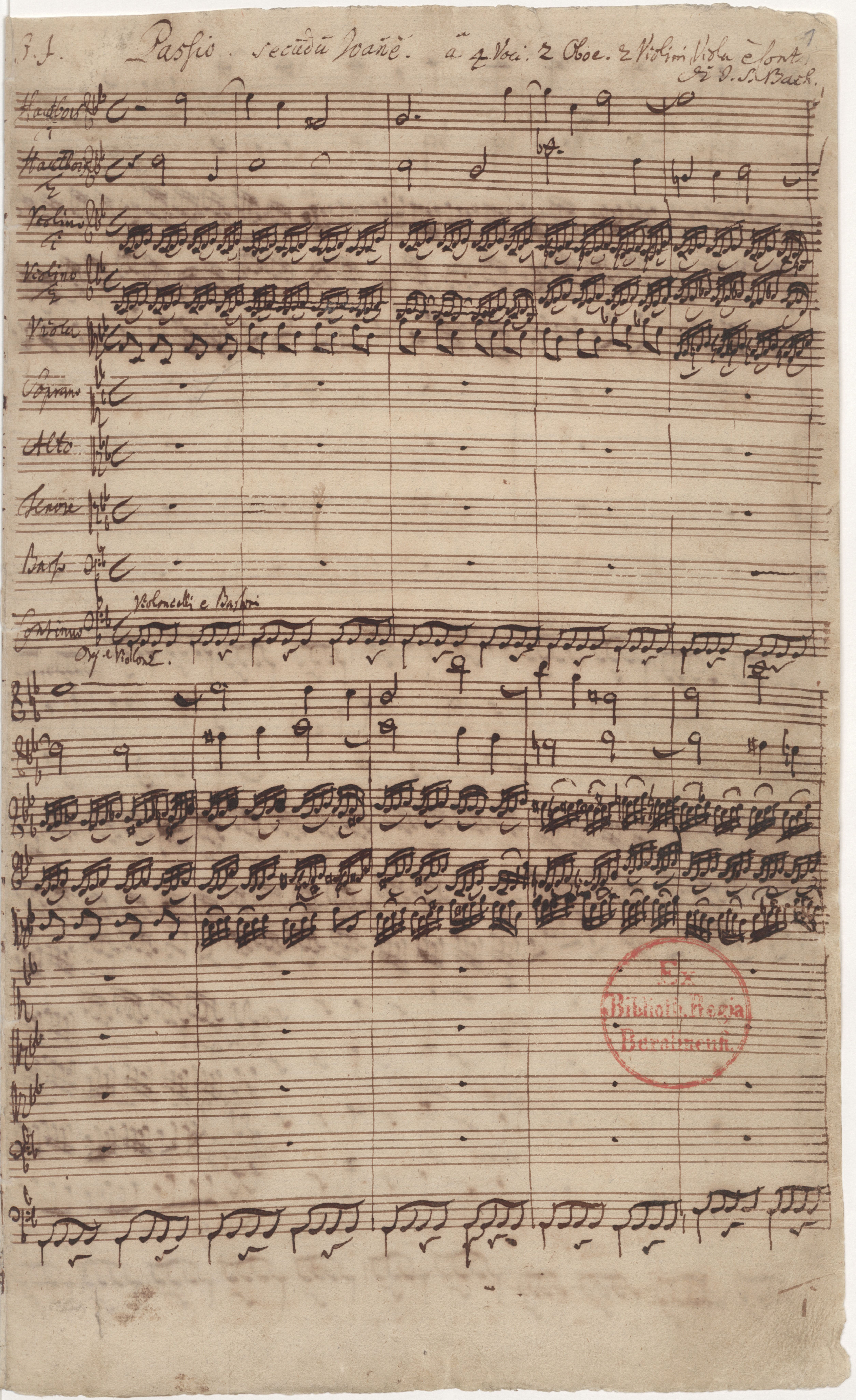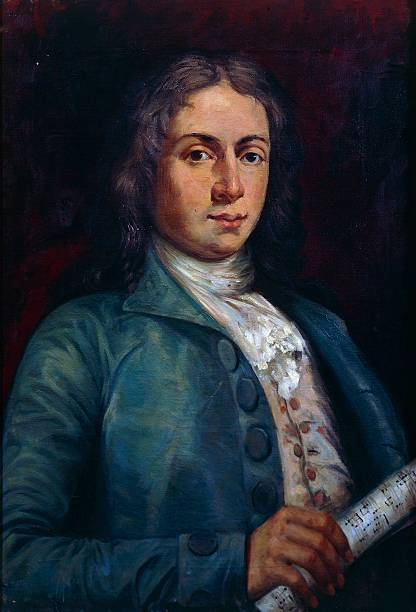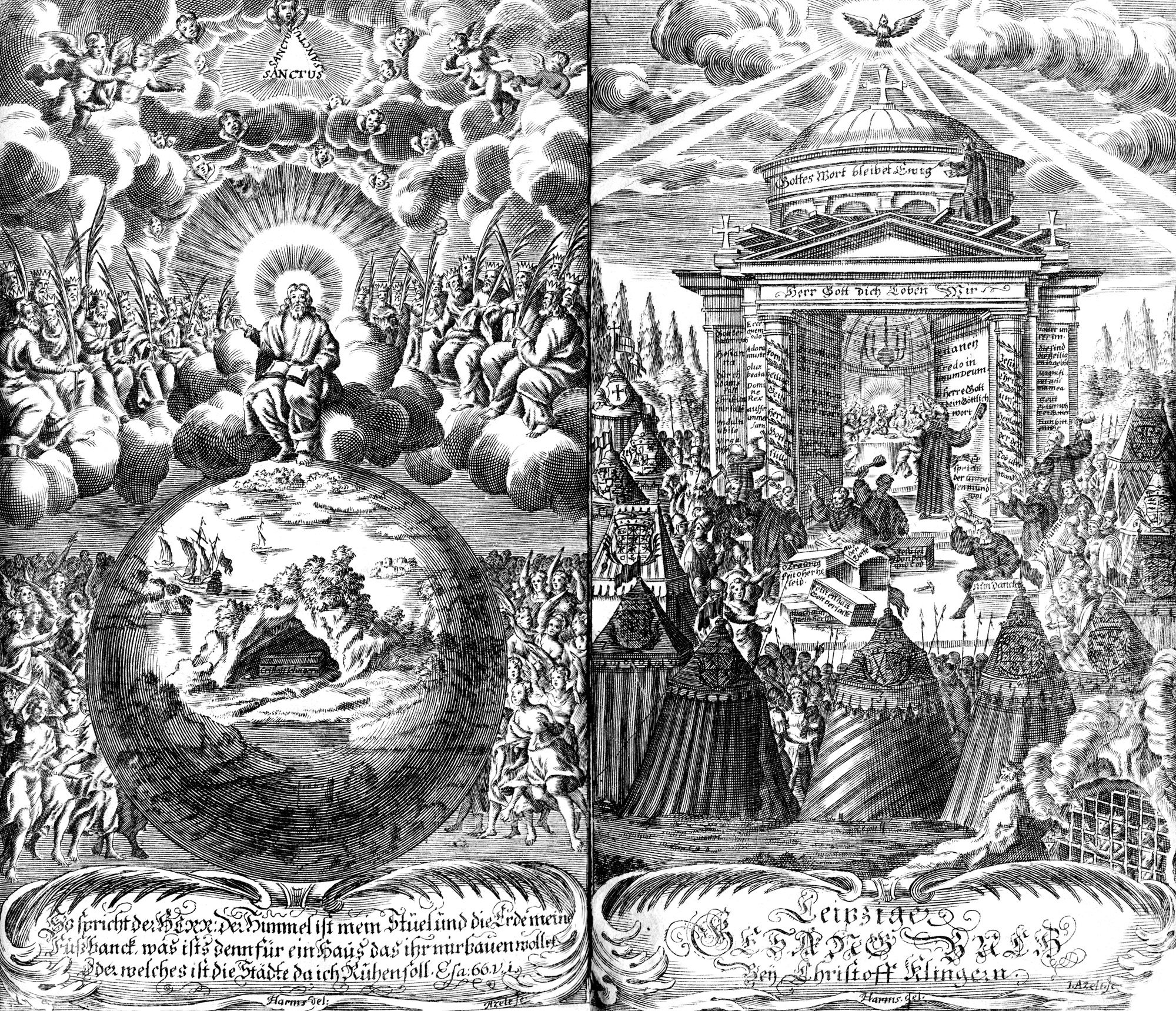|
St John Passion (other)
St John Passion or, in Latin, Passio Domini Nostri Iesu Christi secundum Ioannem (''The Passion of Our Lord Jesus Christ according to John''), refers to the Passion of Christ as told in chapters 18 and 19 of the Gospel of John. It also may refer to compositions based on that text: * ''Passio Secundum Johannem'' by Johann Walter (), published in Neu Leipziger Gesangbuch#p. 227, ''Neu Leipziger Gesangbuch'', p. 227ff * ''Passio Domini Nostri Jesu Christi secundum Johannem'' (1557) by Cipriano de Rore *''Passio Secundum Johannem'' (1580) by Orlande de Lassus * ''Historia der Passion und des Leidens unseres einigen Erlösers und Seligmachers Jesu Christi'' (1593) by Leonhard Lechner * ''Passio Secundum Johannem'' by Teodoro Clinio (1595) *''St. John Passion'' (1605) by William Byrd * ''Johannes Passion '' (1643) by Thomas Selle *''Johannes-Passion'' (1666) by Heinrich Schütz *''Passio Secundum Johannem'' by Alessandro Scarlatti *''St John Passion'' (1724) by Johann Sebastian Bach * ... [...More Info...] [...Related Items...] OR: [Wikipedia] [Google] [Baidu] |
Gospel Of John
The Gospel of John ( grc, Εὐαγγέλιον κατὰ Ἰωάννην, translit=Euangélion katà Iōánnēn) is the fourth of the four canonical gospels. It contains a highly schematic account of the ministry of Jesus, with seven "signs" culminating in the raising of Lazarus (foreshadowing the resurrection of Jesus) and seven "I am" discourses (concerned with issues of the Split of early Christianity and Judaism, church–synagogue debate at the time of composition) culminating in Doubting Thomas, Thomas' proclamation of the risen Jesus as "my Lord and my God". The gospel's concluding verses set out its purpose, "that you may believe that Jesus is the Christ, the Son of God, and that believing you may have life in his name." John reached its final form around AD 90–110, although it contains signs of origins dating back to AD 70 and possibly even earlier. Like the three other gospels, it is anonymous, although it identifies an unnamed "disciple whom Jesus loved" as t ... [...More Info...] [...Related Items...] OR: [Wikipedia] [Google] [Baidu] |
St John Passion
The ''Passio secundum Joannem'' or ''St John Passion'' (german: Johannes-Passion, link=no), BWV 245, is a Passion or oratorio by Johann Sebastian Bach, the older of the surviving Passions by Bach. It was written during his first year as director of church music in Leipzig and was first performed on April 7, 1724, at Good Friday Vespers at the St. Nicholas Church. The structure of the work falls in two halves, intended to flank a sermon. The anonymous libretto draws on existing works (notably by Barthold Heinrich Brockes) and is compiled from recitatives and choruses narrating the Passion of Christ as told in the Gospel of John, ariosos and arias reflecting on the action, and chorales using hymn tunes and texts familiar to a congregation of Bach's contemporaries. Compared with the ''St Matthew Passion'', the ''St John Passion'' has been described as more extravagant, with an expressive immediacy, at times more unbridled and less "finished". The work is most often heard toda ... [...More Info...] [...Related Items...] OR: [Wikipedia] [Google] [Baidu] |
Johannes-Passion (Gubaidulina)
The ''Passio secundum Joannem'' or ''St John Passion'' (german: Johannes-Passion, link=no), BWV 245, is a Passion or oratorio by Johann Sebastian Bach, the older of the surviving Passions by Bach. It was written during his first year as director of church music in Leipzig and was first performed on April 7, 1724, at Good Friday Vespers at the St. Nicholas Church. The structure of the work falls in two halves, intended to flank a sermon. The anonymous libretto draws on existing works (notably by Barthold Heinrich Brockes) and is compiled from recitatives and choruses narrating the Passion of Christ as told in the Gospel of John, ariosos and arias reflecting on the action, and chorales using hymn tunes and texts familiar to a congregation of Bach's contemporaries. Compared with the '' St Matthew Passion'', the ''St John Passion'' has been described as more extravagant, with an expressive immediacy, at times more unbridled and less "finished". The work is most often heard to ... [...More Info...] [...Related Items...] OR: [Wikipedia] [Google] [Baidu] |
Passio (Pärt)
''Passio Domini Nostri Jesu Christi secundum Joannem'' ( en, The Passion of Our Lord Jesus Christ According to John, also known as the ''St. John Passion'' or simply Passio, 1989) is a passion setting by Arvo Pärt for solo baritone (Jesus), solo tenor (Pilate), solo vocal quartet (Evangelist), choir, violin, oboe, cello, bassoon and organ. The work lasts approximately 70 minutes and is a setting of the Latin text from the Gospel of John, chapters 18 and 19, plus a brief introduction and conclusion. History When Pärt left Estonia for Austria in 1980, he took with him the first sketches for the ''St. John Passion,'' which would become the culmination of the tintinnabuli style. He eventually finished the work in 1982 and it was published in 1989. Since then, it has been recorded four times, and remains one of his most popular works. In much the same way that Pärt was inspired by medieval music in his creation of tintinnabuli, here too he is inspired by the earliest monophonic se ... [...More Info...] [...Related Items...] OR: [Wikipedia] [Google] [Baidu] |
Passions (C
''Passions'' is an American television soap opera that originally aired on NBC from July 5, 1999, to September 7, 2007, and on DirecTV's The 101 Network from September 17, 2007, to August 7, 2008. Created by screenwriter James E. Reilly and produced by NBC Studios, ''Passions'' follows the lives, loves and various romantic and paranormal adventures of the residents of Harmony, a small town in New England with many secrets. Storylines center on the interactions among members of its multi-racial core families: the African-American Russells, the white Cranes and Bennetts, and half-Mexican half-Irish Lopez-Fitzgeralds. The series also features supernatural elements, which focus mainly on town witch Tabitha Lenox (Juliet Mills) and her doll-come-to-life, Timmy (Josh Ryan Evans). NBC cancelled ''Passions'' on January 16, 2007. The series was subsequently picked up by DirecTV. The series aired its final episode on NBC on September 7, 2007, with new episodes continuing on DirectTV ... [...More Info...] [...Related Items...] OR: [Wikipedia] [Google] [Baidu] |
Georg Gebel (the Younger)
Georg Gebel (25 October 1709 – 24 September 1753) was a German musician and composer. Gebel was born in Brieg, Silesia (present-day Brzeg, Poland) to Georg Gebel the Elder, also a musician and composer. He studied music under his father, and in 1729 became second organist at the church of St. Mary Magdalene in Breslau (present-day Wrocław), as well as '' Kapellmeister'' to the Duke of Oels. He joined Heinrich von Brühl's orchestra in Dresden in 1735, where he met Pantaleon Hebenstreit, the inventor of the pantalon, and learned to play that instrument. In 1747 he was appointed ''Kapellmeister'' to John Frederick, Prince of Schwarzburg-Rudolstadt. He died in Rudolstadt in 1753. Gebel was a prolific composer. While in Breslau, he wrote a variety of instrumental and vocal music, and while in Rudolstadt, wrote 12 operas, two Passions, two Christmas cantatas, sets of cantatas for several years, more than 100 orchestral symphonies, partitas, concertos, and so on. Works * ... [...More Info...] [...Related Items...] OR: [Wikipedia] [Google] [Baidu] |
Georg Friedrich Händel
George Frideric (or Frederick) Handel (; baptised , ; 23 February 1685 – 14 April 1759) was a German-British Baroque composer well known for his operas, oratorios, anthems, concerti grossi, and organ concertos. Handel received his training in Halle and worked as a composer in Hamburg and Italy before settling in London in 1712, where he spent the bulk of his career and became a naturalised British subject in 1727. He was strongly influenced both by the middle-German polyphonic choral tradition and by composers of the Italian Baroque. In turn, Handel's music forms one of the peaks of the "high baroque" style, bringing Italian opera to its highest development, creating the genres of English oratorio and organ concerto, and introducing a new style into English church music. He is consistently recognized as one of the greatest composers of his age. Handel started three commercial opera companies to supply the English nobility with Italian opera. In 1737, he had a physical bre ... [...More Info...] [...Related Items...] OR: [Wikipedia] [Google] [Baidu] |
Passions (Telemann)
Between 1716 and 1767, Georg Philipp Telemann wrote a series of ''Passions'', musical compositions reflecting on Christ's Passion – the physical, spiritual and mental suffering of Jesus from the hours prior to his trial through to his crucifixion. The works were written for performance in German churches in the days before Easter. A prolific composer, Telemann wrote over 40 ''Passions'' for the churches of Hamburg alone, of which 22 have survived according to the present state of research. He also wrote several Passion oratorios. Unlike the ''Passions'' intended for liturgical performance, they were not closely set to the literal text of the Gospels. History In his dissertation ''The Rise of Lyricism and the Decline of Biblical Narration in the Late Liturgical Passions of Georg Philipp Telemann'' (University of Pittsburgh, 2005), Jason Benjamin Grant describes the three basic periods of Telemann's Passion composition as follows: Style Stylistically, there are many difference ... [...More Info...] [...Related Items...] OR: [Wikipedia] [Google] [Baidu] |
Alessandro Scarlatti
Pietro Alessandro Gaspare Scarlatti (2 May 1660 – 22 October 1725) was an Italian Baroque composer, known especially for his operas and chamber cantatas. He is considered the most important representative of the Neapolitan school of opera. Nicknamed by his contemporaries "the Italian Orpheus", he divided his career between Naples and Rome, where he received his training; a significant part of his works was composed for the papal city. He is often considered the founder of the Neapolitan school, although he has only been its most illustrious representative: his contribution, his originality and his influence were essential, as well as lasting, both in Italy and in Europe. Particularly known for his operas, he brought the Italian dramatic tradition to its maximum development, begun by Monteverdi at the beginning of 17th century and continued by Cesti, Cavalli, Carissimi, Legrenzi and Stradella, designing the final form of the ''Da capo aria'', imitated throughout Europe. H ... [...More Info...] [...Related Items...] OR: [Wikipedia] [Google] [Baidu] |
Neu Leipziger Gesangbuch
Gottfried Vopelius (28 January 1645 – 3 February 1715), was a German Lutheran academic and hymn-writer, mainly active in Leipzig. He was born in Herwigsdorf, now a district of Rosenbach, Oberlausitz, and died in Leipzig at the age of 70. Robert Eitner. " Vopelius, Gottfried", pp. 298–299 in Vol. 40 of '' Allgemeine Deutsche Biographie''. , 1896. ''Neu Leipziger Gesangbuch'' Vopelius is primarily remembered for the ''Neu Leipziger Gesangbuch'' (New Leipzig Hymnal) which he published in 1682. The subtitle of the publication reads: Or, translated: The ''Neu Leipziger Gesangbuch'' is, to a certain degree, a third edition of Johann Schein's , which originally had been published in 1627, with a new edition in 1645. Over 90 settings in the ''Neu Leipziger Gesangbuch'' were copied or adapted from Schein. All other composers are represented with less than 10 settings in the hymnal. Of these, only Johann Crüger and Andreas Hammerschmidt are mentioned for more than three ... [...More Info...] [...Related Items...] OR: [Wikipedia] [Google] [Baidu] |
Heinrich Schütz
Heinrich Schütz (; 6 November 1672) was a German early Baroque composer and organist, generally regarded as the most important German composer before Johann Sebastian Bach, as well as one of the most important composers of the 17th century. He is credited with bringing the Italian style to Germany and continuing its evolution from the Renaissance into the Early Baroque. Most of his surviving music was written for the Lutheran church, primarily for the Electoral Chapel in Dresden. He wrote what is traditionally considered the first German opera, ''Dafne'', performed at Torgau in 1627, the music of which has since been lost, along with nearly all of his ceremonial and theatrical scores. Schütz was a prolific composer, with more than 500 surviving works. He is commemorated as a musician in the Calendar of Saints of some North American Lutheran churches on 28 July with Johann Sebastian Bach and George Frideric Handel. Early life Schütz was born in Köstritz, the eldest son of C ... [...More Info...] [...Related Items...] OR: [Wikipedia] [Google] [Baidu] |
Thomas Selle
Thomas Selle (23 March 1599 – 2 July 1663) was a seventeenth-century German baroque composer. Life There is practically no reliable information about the early years of Thomas Selle. Between his birth in 1599 and his matriculation in the University of Leipzig in 1622, there is no documentary evidence of his activities. However, considering his claim from around 1643 in the Kurtze doch gründliche anleitung zur Singekunst (A brief but thorough introduction to the art of singing) of “having been motivated by the late Mr. Seth Calvisius” (“aus antrieb des selgen Gen may refer to: * ''Gen'' (film), 2006 Turkish horror film directed by Togan Gökbakar * Gen (Street Fighter), a video game character from the ''Street Fighter'' series * Gen Fu, a video game character from the ''Dead or Alive'' series * Gen l ...H rrnSethi Calvisij”) in applying himself to the art of chanting, he is assumed to be an alumnus of the Thomasschule in Leipzig, where he would have been student ... [...More Info...] [...Related Items...] OR: [Wikipedia] [Google] [Baidu] |






